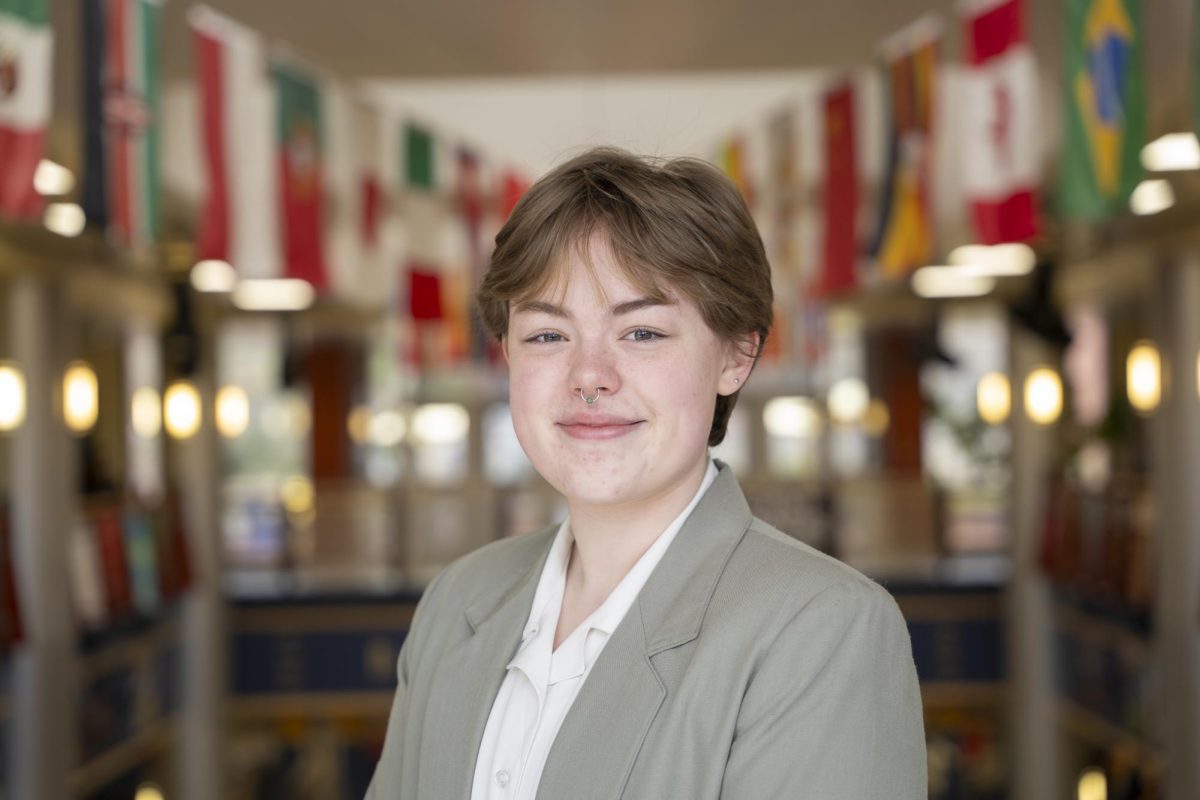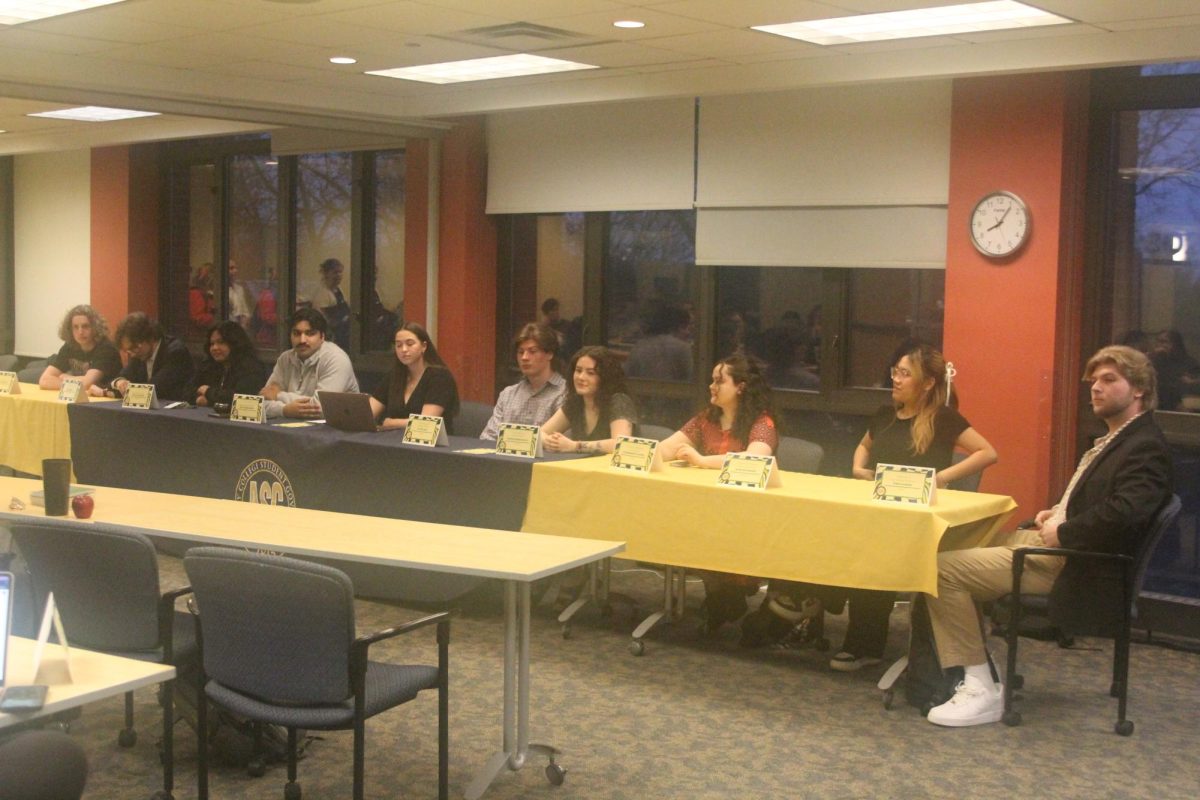Professor Shannan L. Mattiace is an Associate Professor of Political Science at Allegheny College and has been teaching a course in immigration for eight years. She is a Latin Americanist, specializing in Mexico, and has written articles and papers on immigration in Spain and the U.S. She recently presented her paper “Immigrant Regularization and Integration in the US and Spain: a Comparative Approach” in Madrid, Spain this July with several colleagues.
Campus: The paper that you presented for the International Political Science Meeting in Madrid, Spain, could you tell us about that?
Mattiace: Last year, actually about a year and a half ago, I began going to San Francisco to look at Mexican migrants from the state of Yucatán where I worked a lot over the years, and I wanted to look at how they were organizing in the U.S. […] So I started working in San Francisco on immigration, and then one of my good friends, who lives in D.C., is a political scientist, Miryam Hazan, she asked me if I was interested in writing a paper with her on comparing the United States and Spain on what we call regularization. That basically means how the countries have regularized the status of undocumented immigrants.
C: Were other schools involved in the political science conference in Spain? Were you invited or did you apply to speak there?
M: This was a big international conference. So, the way those work is you’ll apply, and in this case, I along with several colleagues got a panel together, so we put together a panel of people with four different papers. We organized that and then we applied to the organizers and said, “Here’s our panel, what do you think of it?”. And they liked it, so then we all showed up together and gave our papers on this panel, and thats pretty typical.
C: The work you did in Mexico that you mentioned earlier, could you elaborate on that?
M: Yeah, so like a lot of our students, I started studying a country when I lived and studied abroad as a college student […] in the Yucatán in Mexico. So in 1988 as a college sophomore, I went to the Yucatán just like our students go, on a study abroad and I really loved it. I fell in love with Yucatán. […] Before I went to graduate school, I got a fellowship to study one year in Mexico City, which was great, and then I went to graduate school and I just kept looking at comparative politics and my specialty became Latin American and Mexico.
C: What other research have you done regarding Mexico?
M: In graduate school, I wrote a dissertation on ethnic and racial politics in southern Mexico, so I got to Allegheny and I was able to publish my dissertation as a book, and published another book with a host of other authors. And then I started to do a lot of other projects in Mexico. I did transnational advocacy networks. I did a lot of work on comparing Mexican decentralization policies to the Andean region. And then in 2006, when I had my sabbatical, I went back to the Yucatán. And I really wanted, after twenty years, to come back to the Yucatán and really start working there. So my husband, who’s an economics professor here, Tom Nonnenmacher, he and I wrote what ended up being two papers on the economic history of the Yucatán. […] And we did two projects together and published those. Our second paper’s being published now. And that brings us up to almost the present, because I continue to work on the Yucatán, so almost all of my scholarly work has been on Mexico and definitely on Latin America.
C: Do you think Allegheny College provides students with opportunities to be involved in global issues or global studies outside of the International Studies or Political Science majors?
M: I think that is exactly the point of the Mellon grant, internationalizing the campus. In fact, on my walk over here, I was thinking, “Will be there be a time where we won’t have an international studies major, because all of our disciplines will be so thoroughly globalized that we won’t need to have a place where you study international issues, because everyone will be studying them?” I don’t know. What’s going to happen to international studies as the campus globalizes more? […] And maybe not, maybe there will always be particular interests and there are good reasons for that, so be it. I’ve just been thinking lately about the place for international studies in a global curriculum.






